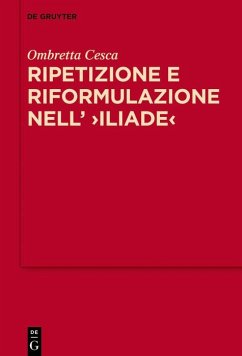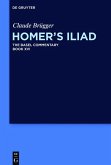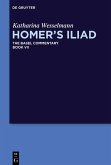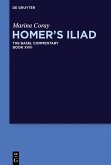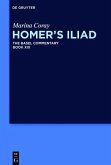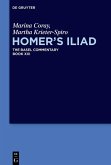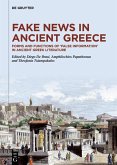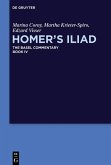The presence of repetitions is a typical formal feature of the Homeric poems, a type of poetry that, before reaching a written version, has been orally composed and transmitted for centuries. This study deals with a particular category of repetitions: those uttered by ¿¿¿e¿¿¿, intermediaries of distance communication in a narrative universe characterized in turn by the oral transmission of information. The extensive presentation, in direct form, of both the speech of the sender of the message and that of the ¿¿¿e¿¿¿ (human or divine messenger, herald or ambassador), allows us to appreciate the discursive technique of the latter, between exact repetition (
verbatim) and reformulation. This technique can be read in a meta-poetic key and used as a starting point to investigate, on the one hand, the compositional mechanisms at the basis of Homeric poetry and, on the other hand, the representation of the relations between the divine and human worlds. Mainly focused on the
Iliad, the study also deals with the
Odyssey by highlighting and explaining the numerous differences, between the two poems, in staging distance communication.
Dieser Download kann aus rechtlichen Gründen nur mit Rechnungsadresse in A, B, BG, CY, CZ, D, DK, EW, E, FIN, F, GR, HR, H, IRL, I, LT, L, LR, M, NL, PL, P, R, S, SLO, SK ausgeliefert werden.

